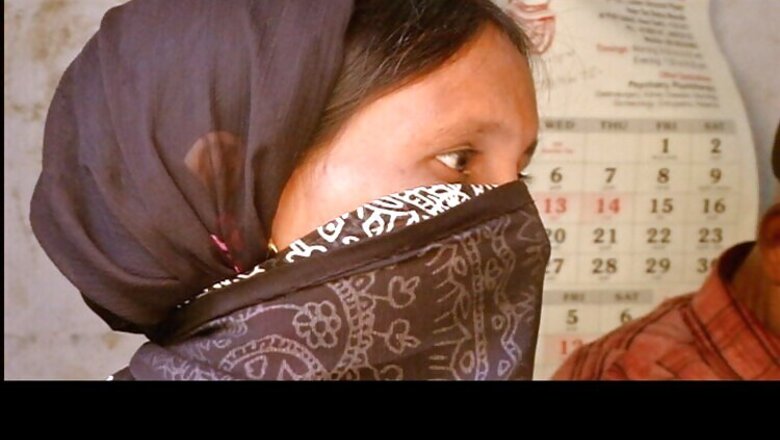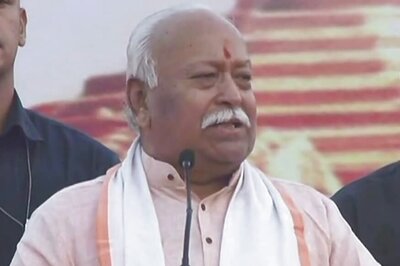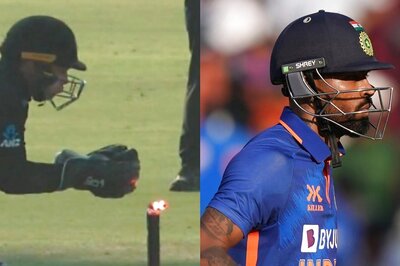
views
New Delhi: "Don't show my face or reveal my name," she says with her face covered. All that one could see were her pale eyes that did not reveal what's going on in her mind. Even while she removed the pallu of her saree from her mouth to pop a pill, she ensured that the camera do not capture the face. She visits DOTS clinic in south Delhi's Tughlakabad every month for taking medicines for multi drug-resistant TB (MDR-TB).
MDR-TB is a complex form of tuberculosis where the bacterium stops responding to the drugs in the first line of treatment. Soon after her diagnosis, her husband left her in 2015 and went back to his village in Bihar. Her only solace is the presence of her two children who stay with her. No one in the neighbourhood knows of her condition except for the two health workers at the clinic.
"My husband did not share the bed with me. He and my children would sleep on another bed in the same room," she says. "He said I got TB as I was careless".
According to the Indian Red Cross Society, nearly 1 lakh women are rejected by their families every year because of TB. Studies show that the stigma surrounding TB impacts women more than men. This in turn affects women's access to treatment.
But Blessina Kumar was lucky to have a supportive family when she was diagnosed with TB way back in 1994. Cured in just six months, Blessina is now an advocate for other TB patients who are not as lucky. "The stigma and fear still remain. But more than change in people's mindsets, it's the way TB itself has changed," she says. "It was always thought to affect people who are poor. Drug resistant TB is now affecting people across the spectrum".
One in every four TB patients globally is an Indian. With over 2.2 million living with tuberculosis, India has the highest burden of this disease in the world. The recent emergence of the multi-drug resistant form of the disease means tuberculosis is not just a poor man's disease anymore.




















Comments
0 comment